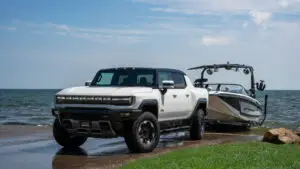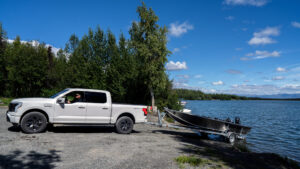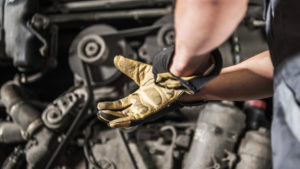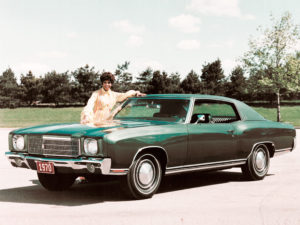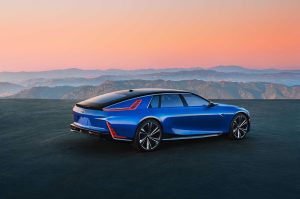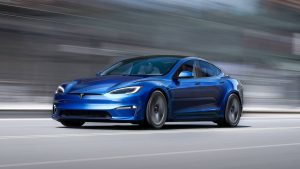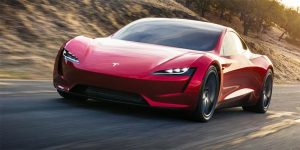BMW will be adding a hydrogen fuel cell electric vehicle (FCEV) to its passenger car product mix in 2022. Toyota will be supplying the company with fuel cell technology.
The X5-based model, known as the i Hydrogen NEXT will get a limited run, the German manufacturer said in a statement Friday. The addition of hydrogen to the rotation is in addition to diesel, gasoline, plug-in hybrid, and electric powertrains that are currently part of the automaker’s product line.
Germany, where BMW is headquartered, recently presented a multi-billion euro plan to support the German hydrogen industry. The country, which also champions the use of nuclear power, is seen as one of the leaders in alternative power innovation.
[rebelmouse-image 21702515 photo_credit=”Photo courtesy of Toyota” pin_description=”” dam=”1″ caption=”The 2021 Mirai has an elongated nose, similar to the design of the Lexus LC.” alt=”2021 Toyota Mirai” expand=”1″]
The 2021 Mirai has an elongated nose, similar to the design of the Lexus LC.
Photo courtesy of Toyota
Many automakers see hydrogen as the future of alternative fuel powertrains, however that future is being held up by a lack of distribution and filling station infrastructure. Progress on hydrogen fuel cell technology is evolving rapidly but widespread use is still considered decades away. Companies see battery electric vehicles as filling the gap between now and then.
Toyota currently sells the Mirari FCEV and Hyundai sells the Nexo FCEV. Both models are limited in their distribution in the U.S. Both companies have been advocating to regulations to ease in an effort for more widespread adoption of the technology.
Hyundai Motor Group Executive Vice Chairman and Hydrogen Council Co-chair Euisun Chung recently outlined the company’s next steps for hydrogen adoption
“A clean energy future with hydrogen is closer than we think, because the industry has been working hard on addressing remaining challenges. This report shows what remains to be done and defines a clear path forward,” said Benoit Potier, chairman and CEO of Air Liquide and co-chair of the Hydrogen Council. “2020 marks the beginning of a new era for energy: As the potential for hydrogen to become part of our global energy system becomes a reality, we can expect fewer emissions and improved security and flexibility. This announces the decade of hydrogen.”
Toyota is to build 175-acre prototype city of the future at the base of Mt. Fuji
Photo courtesy of Toyota Motor Sales U.S.A. Inc.
The Council suggests that as much as $70 billion in investment may be necessary to build out hydrogen infrastructure.
Toyota has plans to build 175-acre prototype city at the base of Mt. Fuji that runs on alternative fuels, including hydrogen. Called the Woven City, the development will be fully powered by hydrogen fuel cells and serve as a living laboratory for full-time residents and researchers. Unlike the three-acre Biospehere 2, Woven City will not be enclosed and secluded from the real world.


